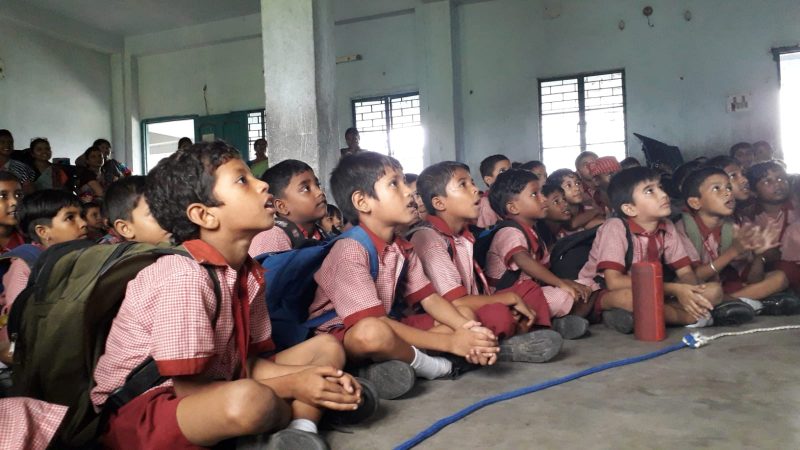
Volunteering in India: healthcare, pads and other surprises
Come to India with an open heart, they said. You will be shocked but you will like it, they said. I’m shocked, I like Kolkata and I explore the city and the country with an open heart.

Exploring around
This past winter I noticed a cake sale in the KI hall and their brownies were so delicious, so I stopped by and asked about their poster and what are they doing in general. And that, kids, how I met your mother MACHA. MACHA stands for Mother and Child Health Association and it’s a Swedish non-profit organization that works towards improving women’s and children’s health. They announced a workshop about volunteering in India and that was a good reason not to just explore India as a tourist but possibly to make some contribution to the society.
Mother and child
Coming to India turned out to be more complicated than I expected not only because of the number of vaccinations you must have but because of visa issues many of the volunteers faced. E-visa didn’t work for me, so I had to apply in person in Moscow. Can you imagine my happiness when my passport was delivered and I saw this blue paper stuck there? India, here I come!
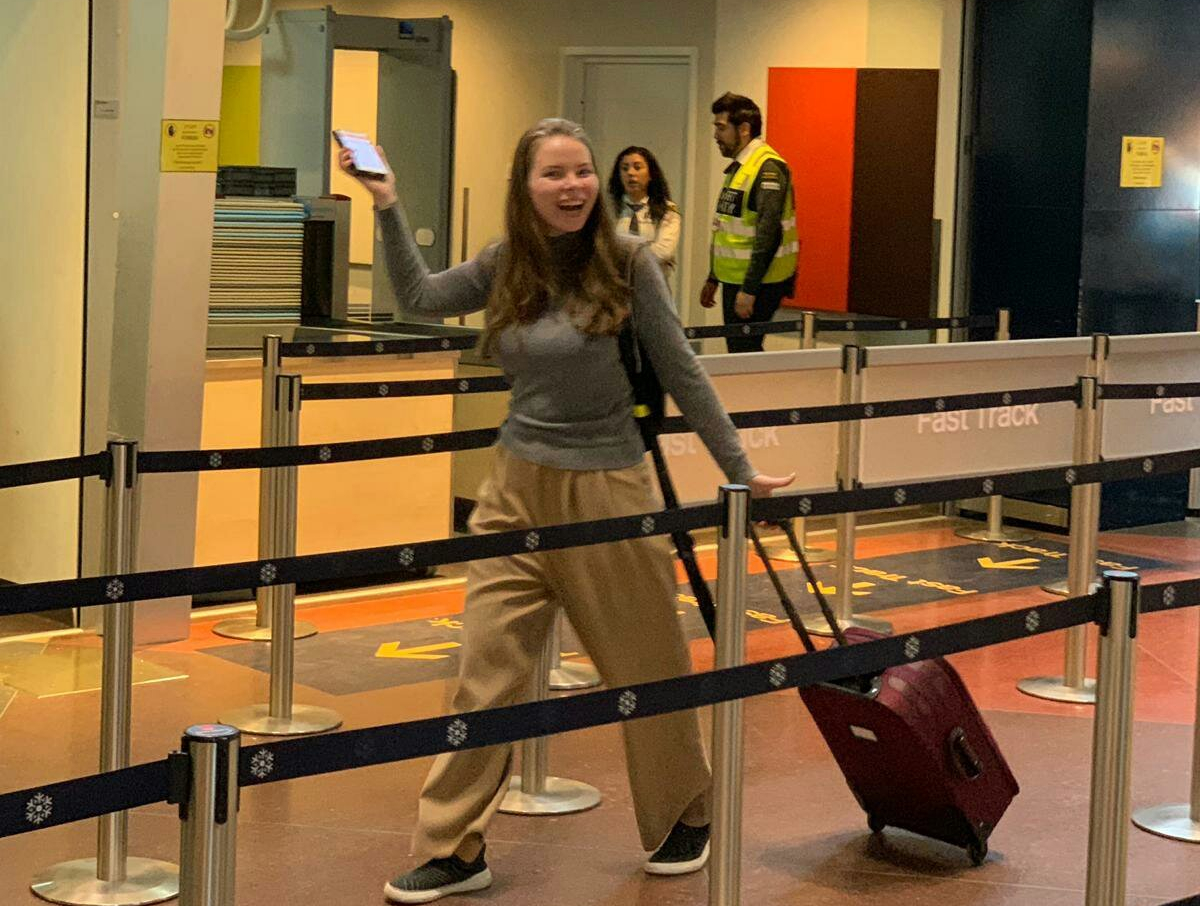
Leaving Stockholm for good
To be honest, I’ve read a lot of stories about scamming tourists and about different kinds of problems you might face, so living under supervision was a great option for me. That’s how I ended up in Indian Institute of Mother and Child (IIMC) – the partner organisation of MACHA in West Bengal. This month we are 26 volunteers from Sweden, Finland, Italy, Japan, Poland, Malaysia, Saudi Arabia, Germany, Spain and England.
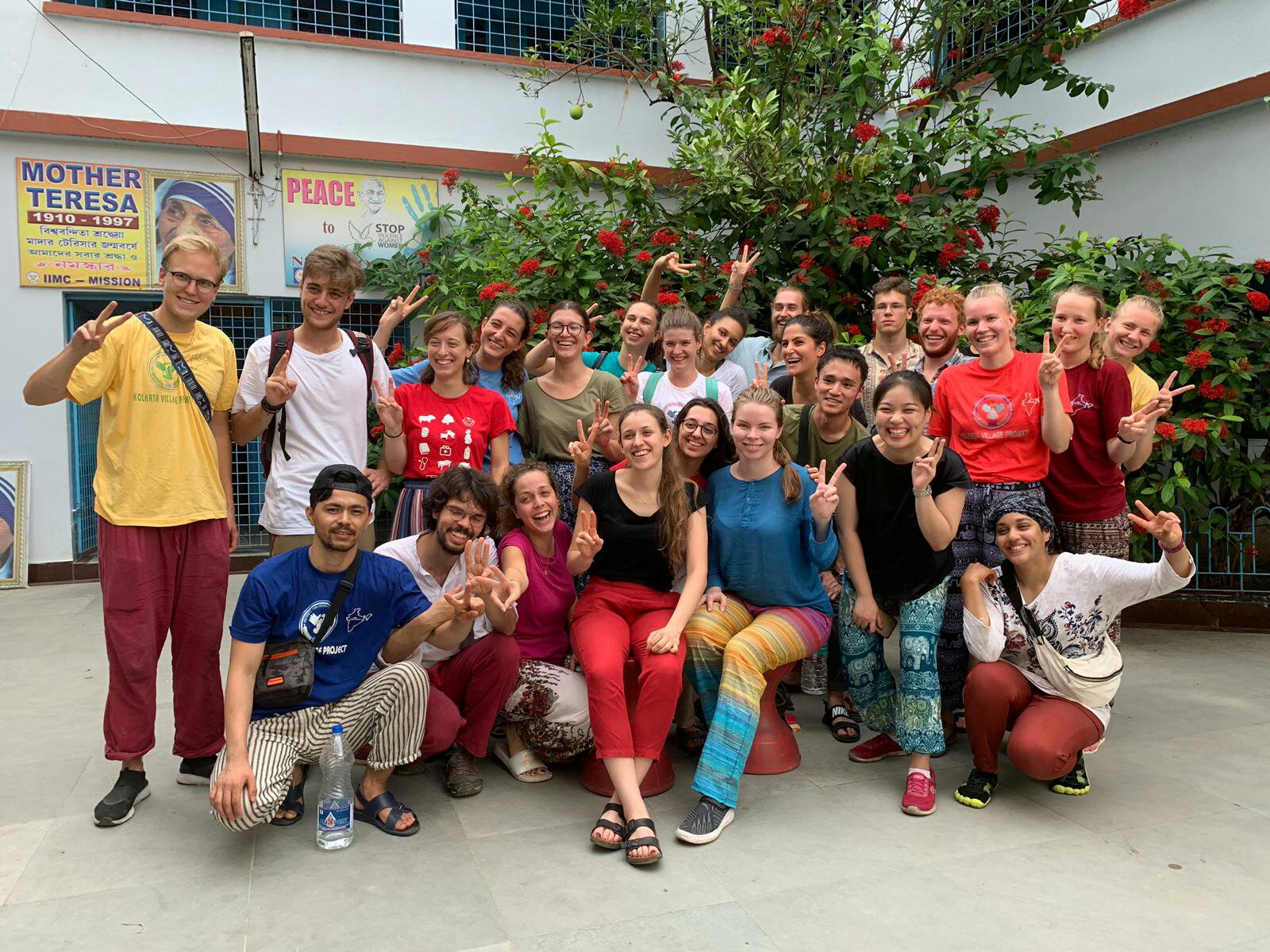
August volunteers
I’d like to tell you more about the IIMC. It’s a big NGO that employees over 700 people and helps women and children. There are so many projects towards improving health, wealth and education that during this month we will probably see only 10% of the whole institute. So far, I managed to visit indoor and outdoor clinics, the nutrition project, talked to Kolkata medical students about the menstrual cups project which was launched by Swedish medical students, attended several meetings with the women peace council in rural areas, visited several schools around Kolkata and took part in creating cloth menstrual pad prototypes for school girls. There’s also a microcredit project, a handicap center, an orphanage and day care for children whose mothers work in the sewing department. Lots of things to do!
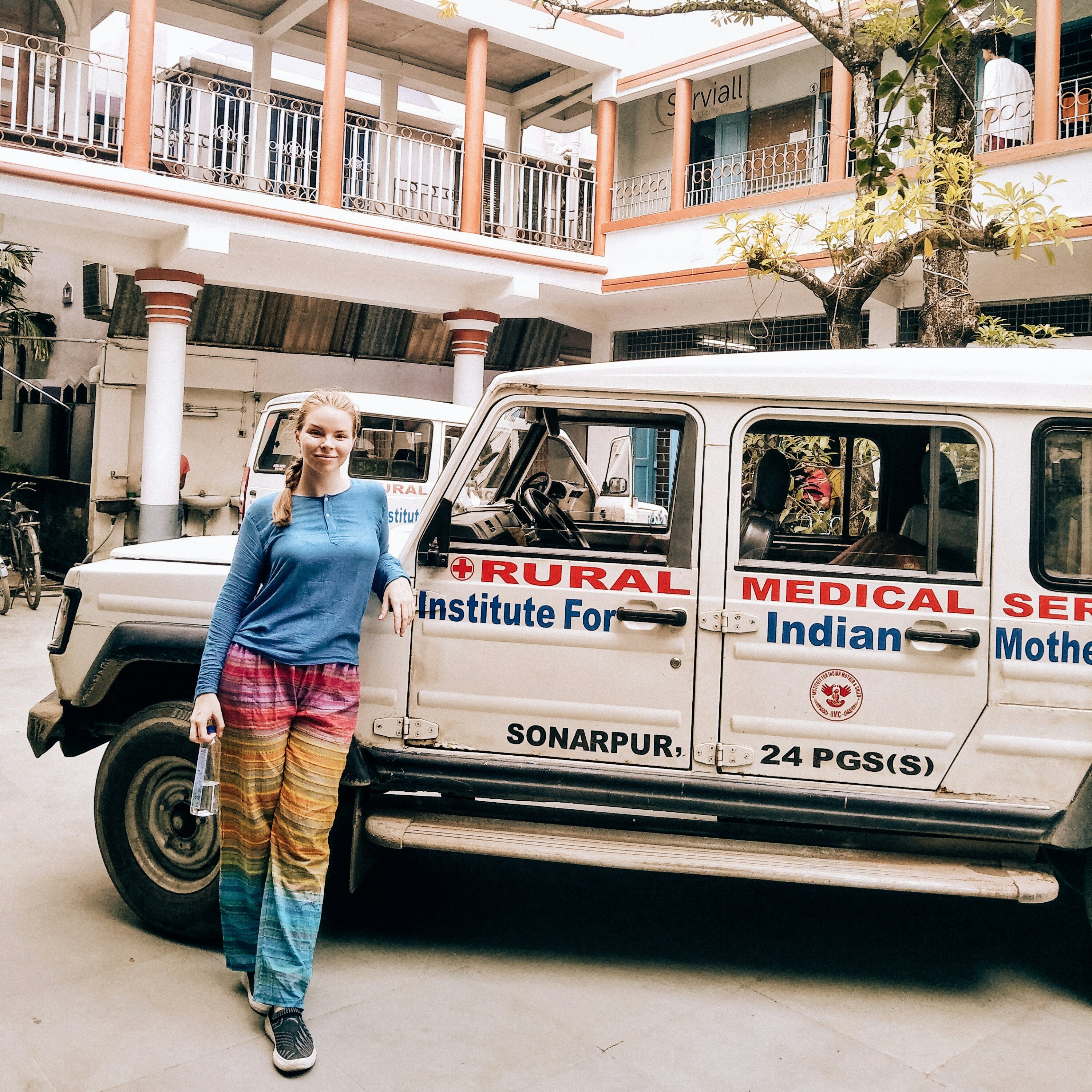
This car takes us to the most remote clinics and schools
Let’s take a closer look 🙂
There are several outdoor clinics that serve patients several times a week in different areas in Kolkata. The doctor visit costs 10 rupees which is around 1,5 SEK, so this medical help is affordable for patients. There is gynaecologist, surgeon, ophthalmologist, x-ray room, their own laboratory, nutrition service, ENT.
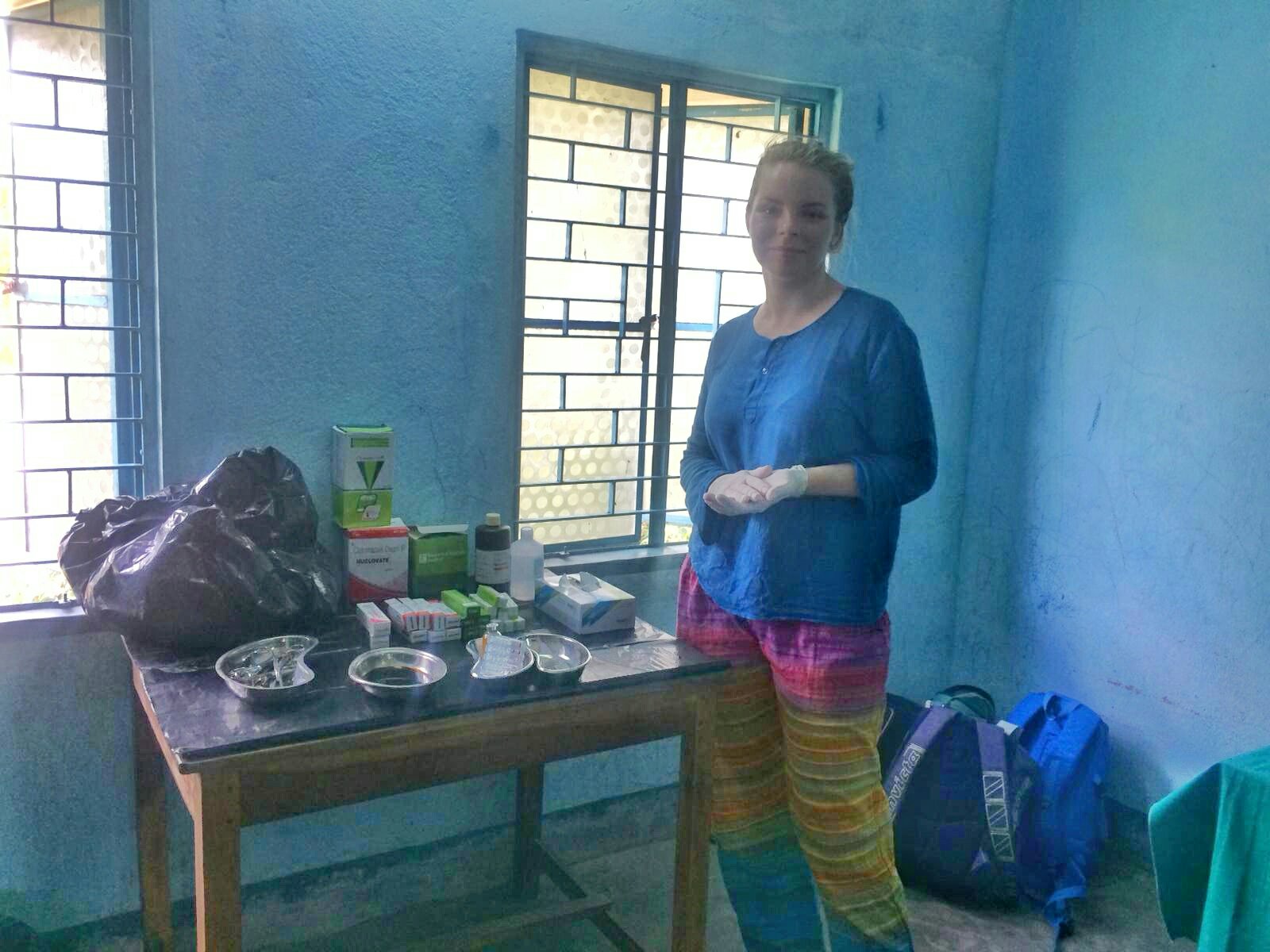
Wound dressing in the village
The amount of people that come to the clinic is incredible, since many of them can’t pay more in other clinics. Volunteers are allowed to measure blood pressure, perform wound dressings, take blood samples, make intramuscular injections and help the pharmacist. After the doctor consultation patients get their medicines for free! The quality of the medical help is incredible in these conditions. Of course, without proper funding it can’t be compared with Sweden (but honestly, most countries can’t compare), however, IIMC workers are doing their best and an incredible amount of people receive medical help they can’t get anywhere else. The system is very different and how we do things here is different when compared to Sweden or Russia. I know there’s always a reason behind it, so we follow rules to not to make it more complicated. I’m very surprised that patients are not afraid of this amount of new people and if you smile, they always smile back! At the beginning I was very confused when they shake the head but what I take as “no” is an actual “yes” and that’s how Indians greet you!
The indoor clinic manages around 15 patients with different skin conditions. There are doctor rounds every day and the volunteers are allowed to attend.
The nutrition project aims to prevent malnutrition and IIMC is making their own food supplements to prevent and cure malnutrition in newborns and infants. These food packs are given out in the outdoor clinic after the child is weighed. That was very unusual to participate in; an actual food supplement manufacturing 🙂

Self-made food supply
Attending schools was one of the most cheerful experiences since they all are very happy to see visitors and show what they have learned.
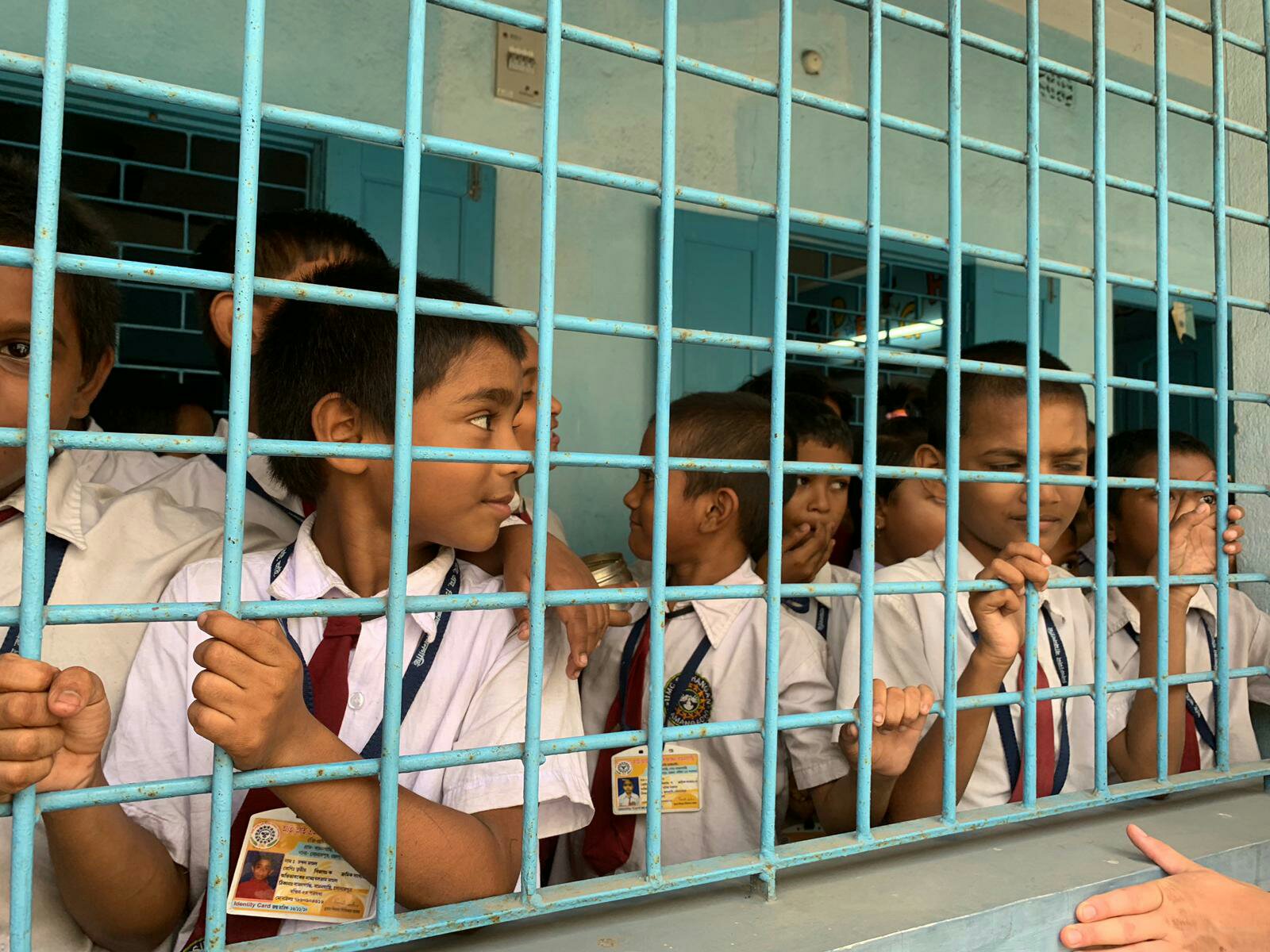
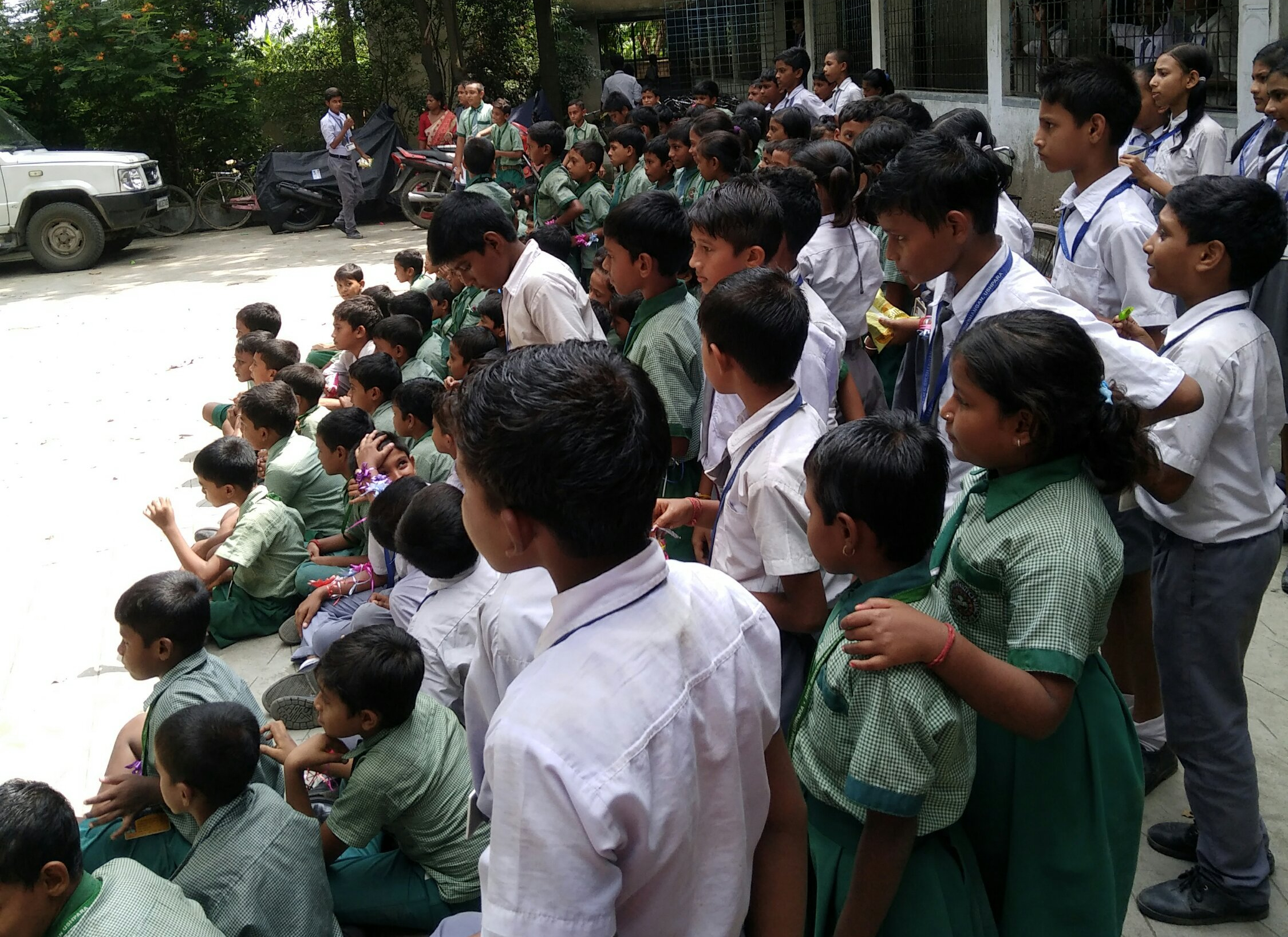
Will the clown fall or not?
The Women Peace Council is a project where a group of women from the village meets weekly to talk about health issues and Kolkata newspaper articles. They make a special book and talk with people in the village to improve health and to stand up for women’s rights. As an example, we were told about teenage girls who reported to the police their underage marriage and were able to get a divorce! This kind of project existed in Russia in 1920-1940.
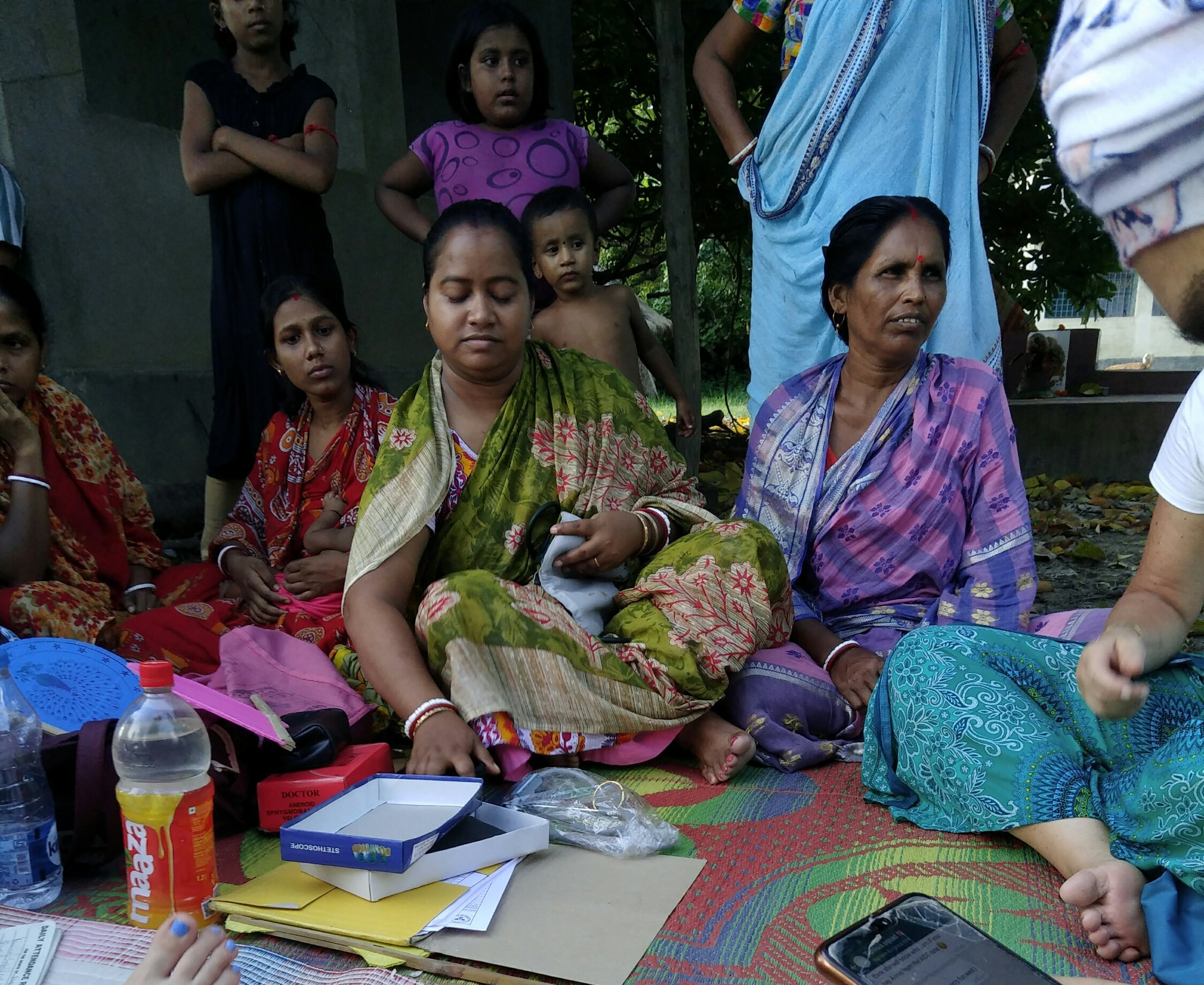
Talking with women about their work
I took part in evaluating the “Menstrual cup project” that was fundraised in Sweden by 2 medical students from Gothenburg – Cindy and Jagoda.
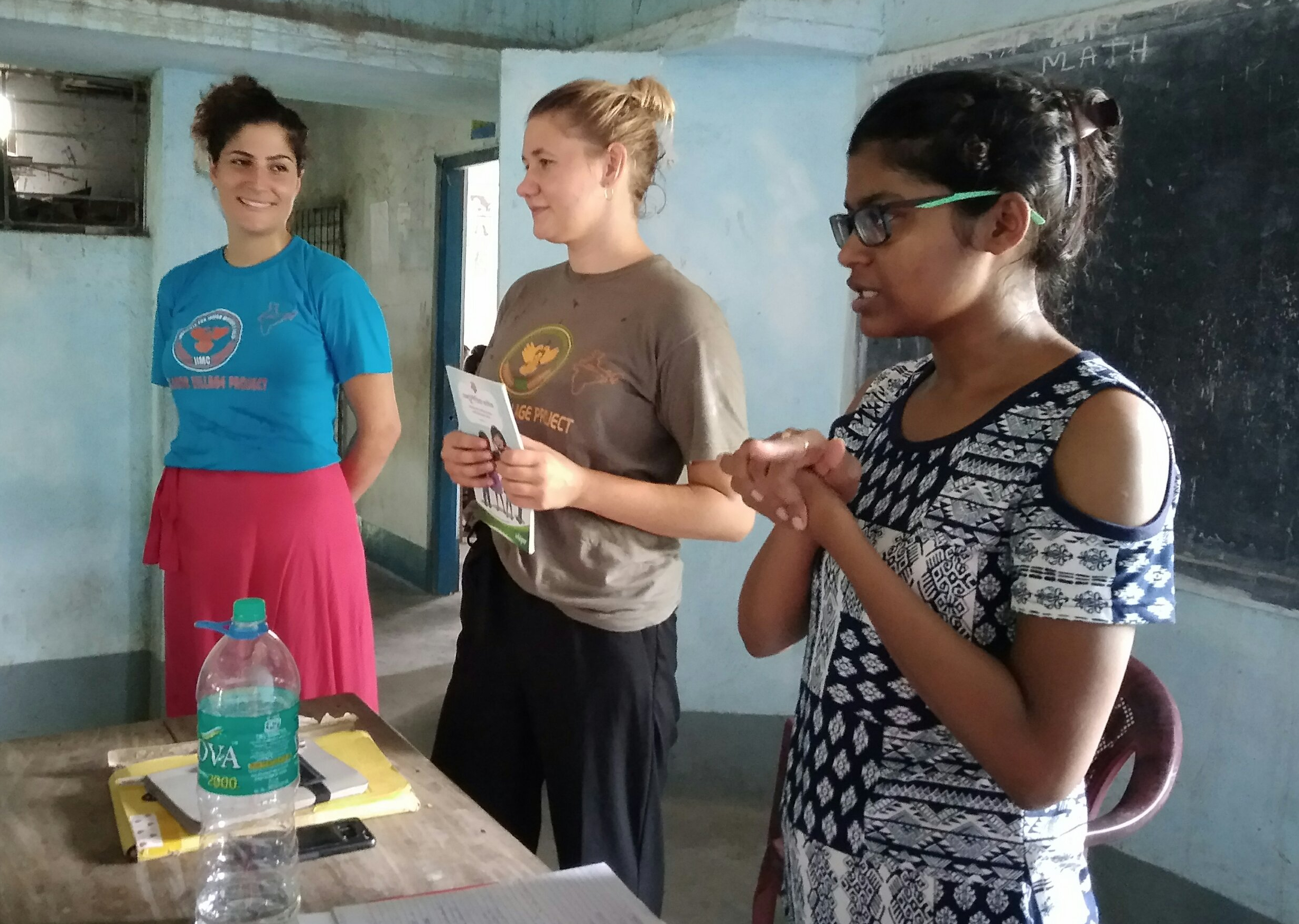
First, we met with local medical students in Kolkata Medical University to talk about the best strategy of distributing menstrual cups.
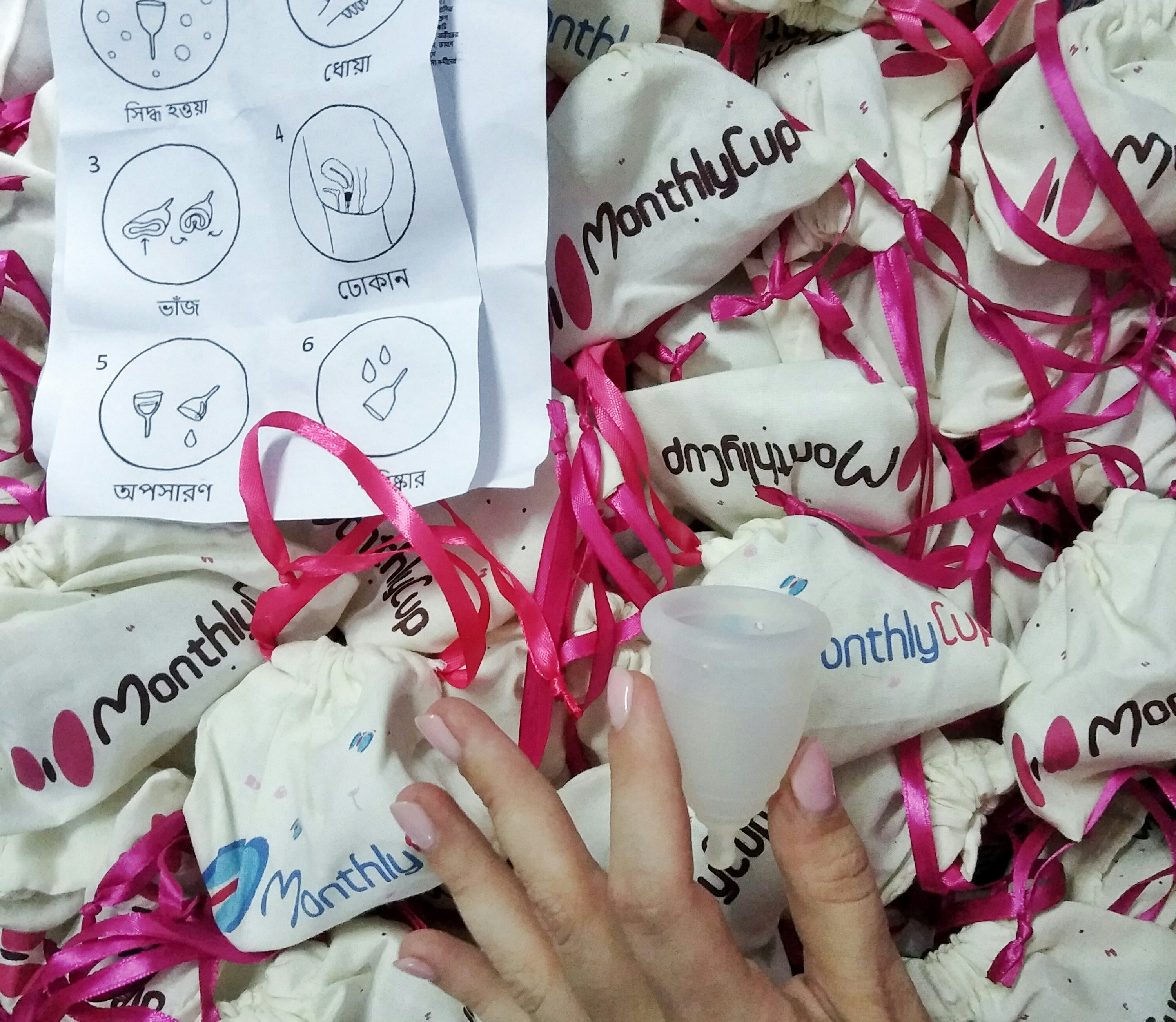
Since India has quite a big social gap, some girls cannot afford hygiene products. This prevents them from getting an education because menstruation is taboo and some girls can’t go to school when they have their period. Although sex education is prohibited in India, volunteers are allowed to talk about growing up and puberty, so we can talk about menstruation, why it happens and how to deal with it. The lecture was given last year, to both boys and girls, and the girls got comic books about menstruation and physiological processes going on in our bodies and the use of menstrual cups. However, menscups are not comfortable for every girl, so we faced another challenge.
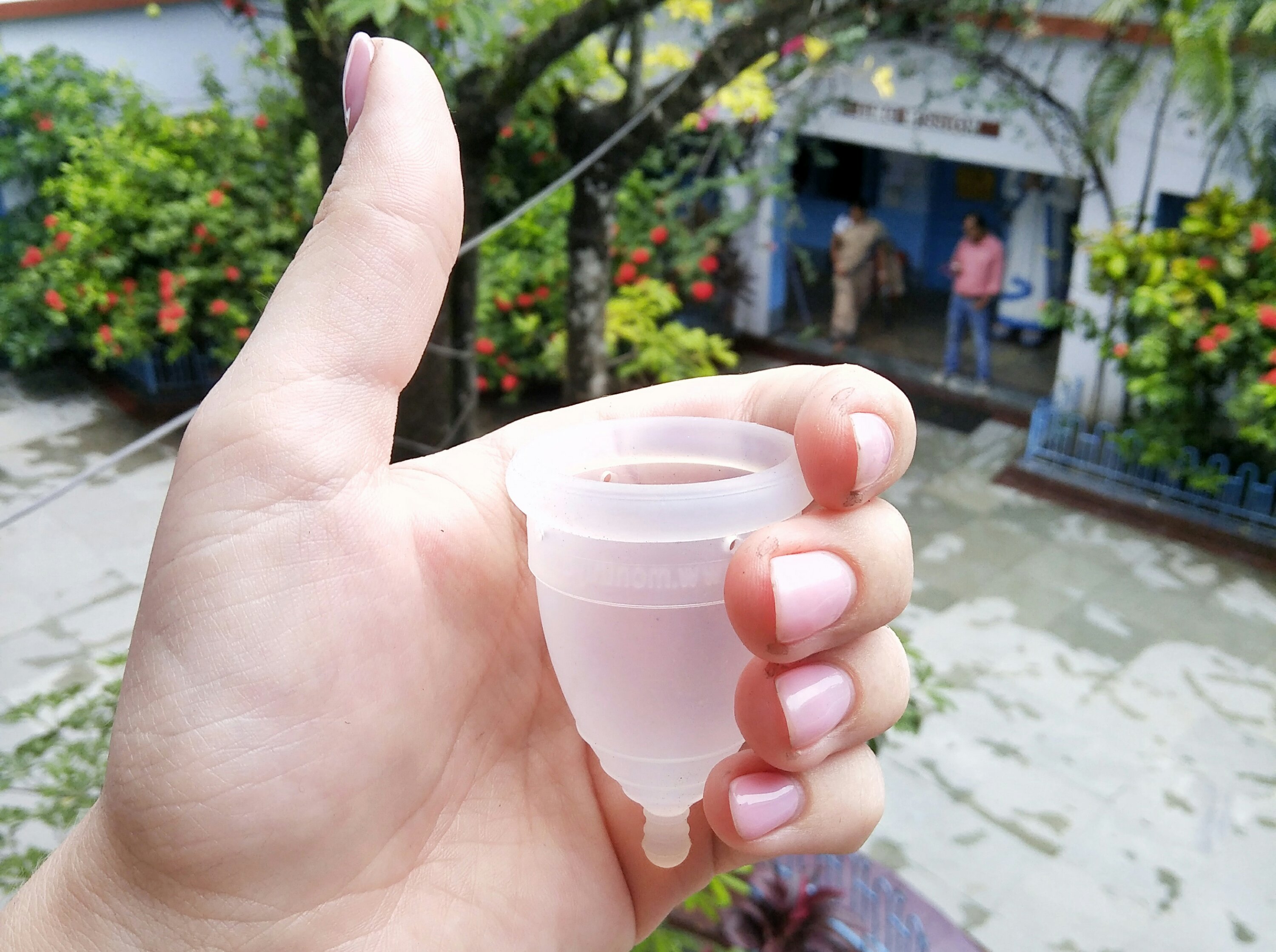
The solution for this is reusable cloth pads! These products are still quite expensive for school girls, so IIMC’s sewing department will help to start its own production.
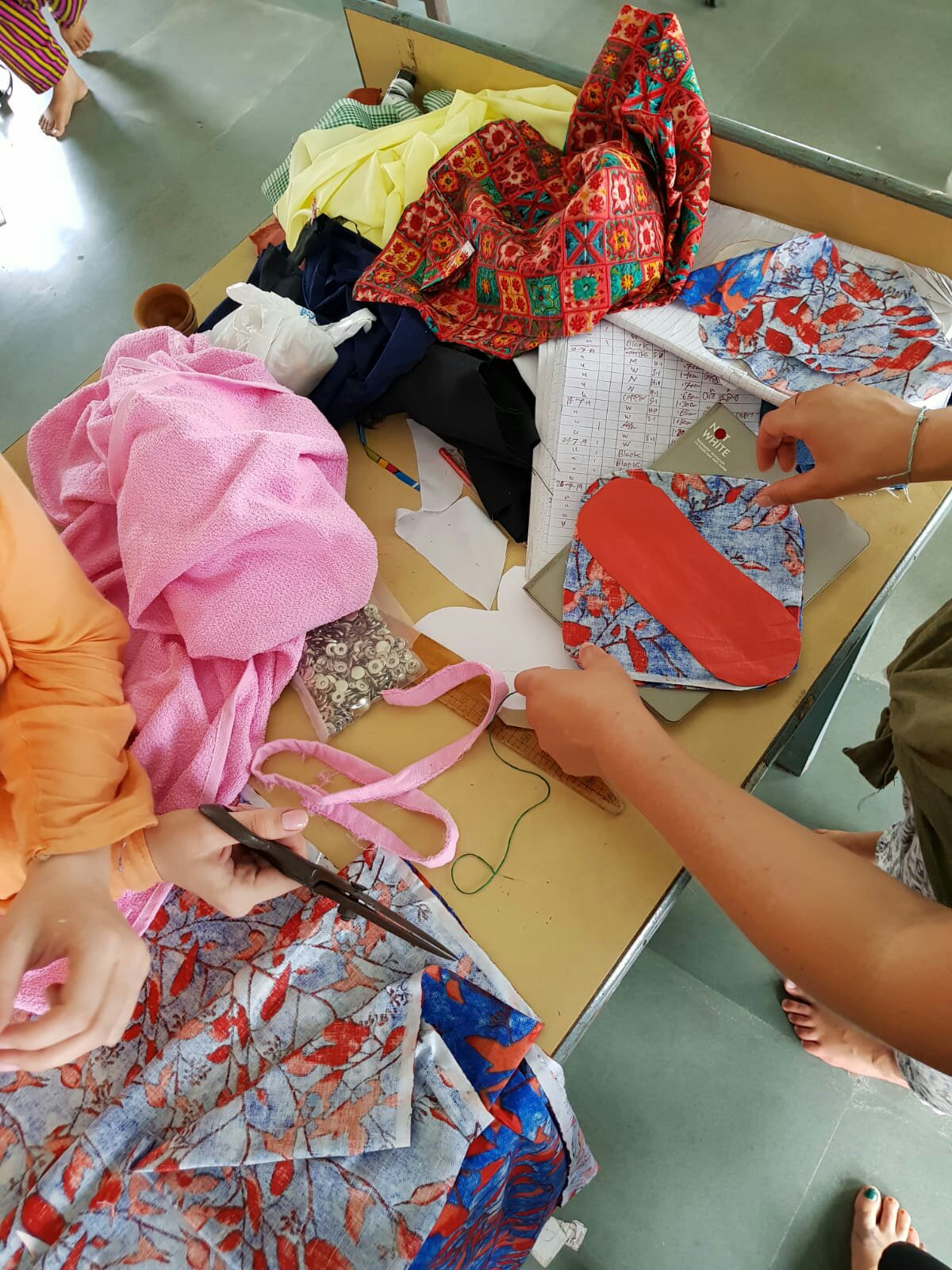
Volunteers did some fabric shopping at the local bazaar and we made some prototypes to give them out to girls and staff.
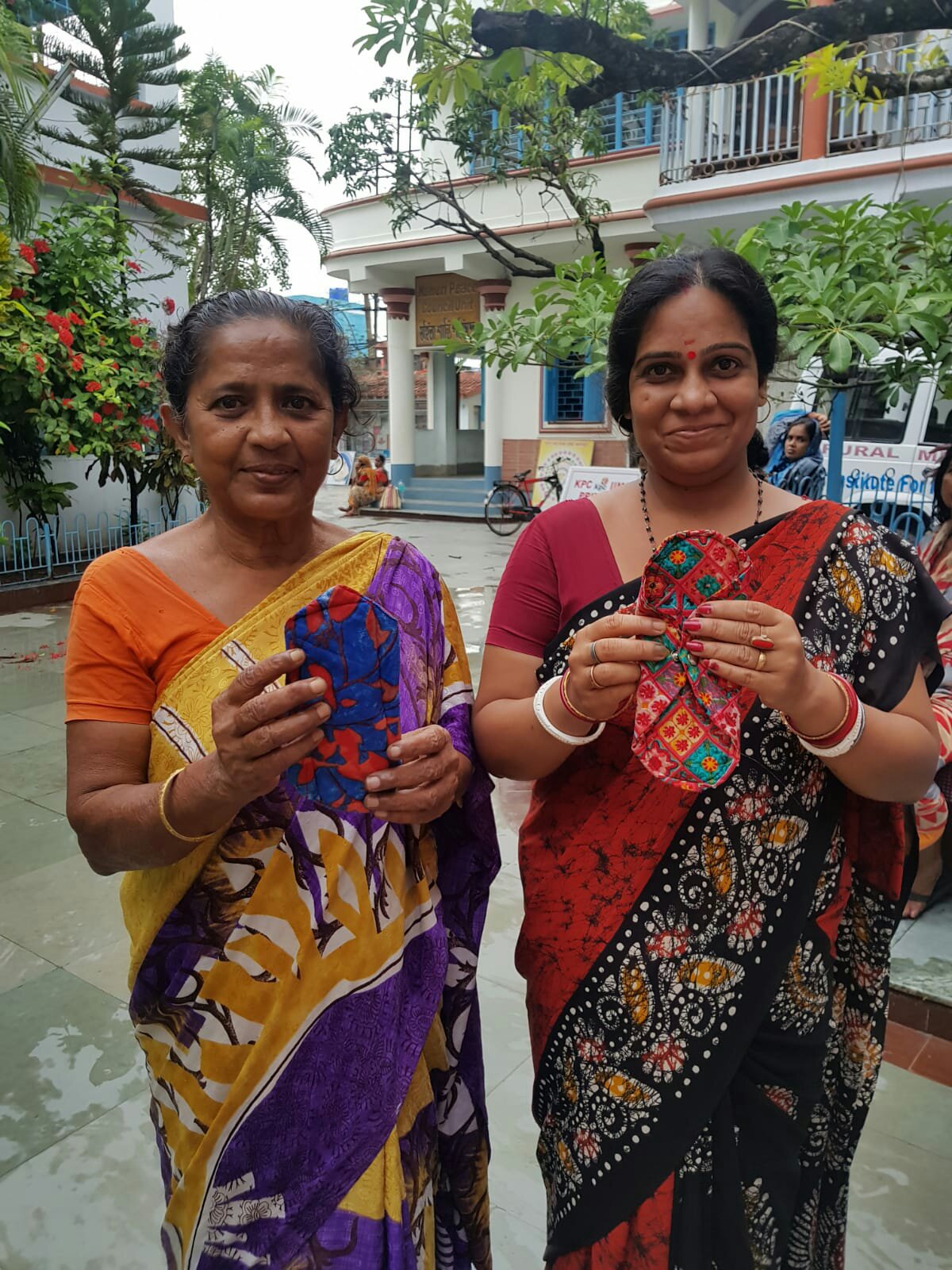
To be honest, it took me one hour to figure out how to make buttons in a proper way 😀 9 years of university education doesn’t help when you change the playing field, ha-ha!
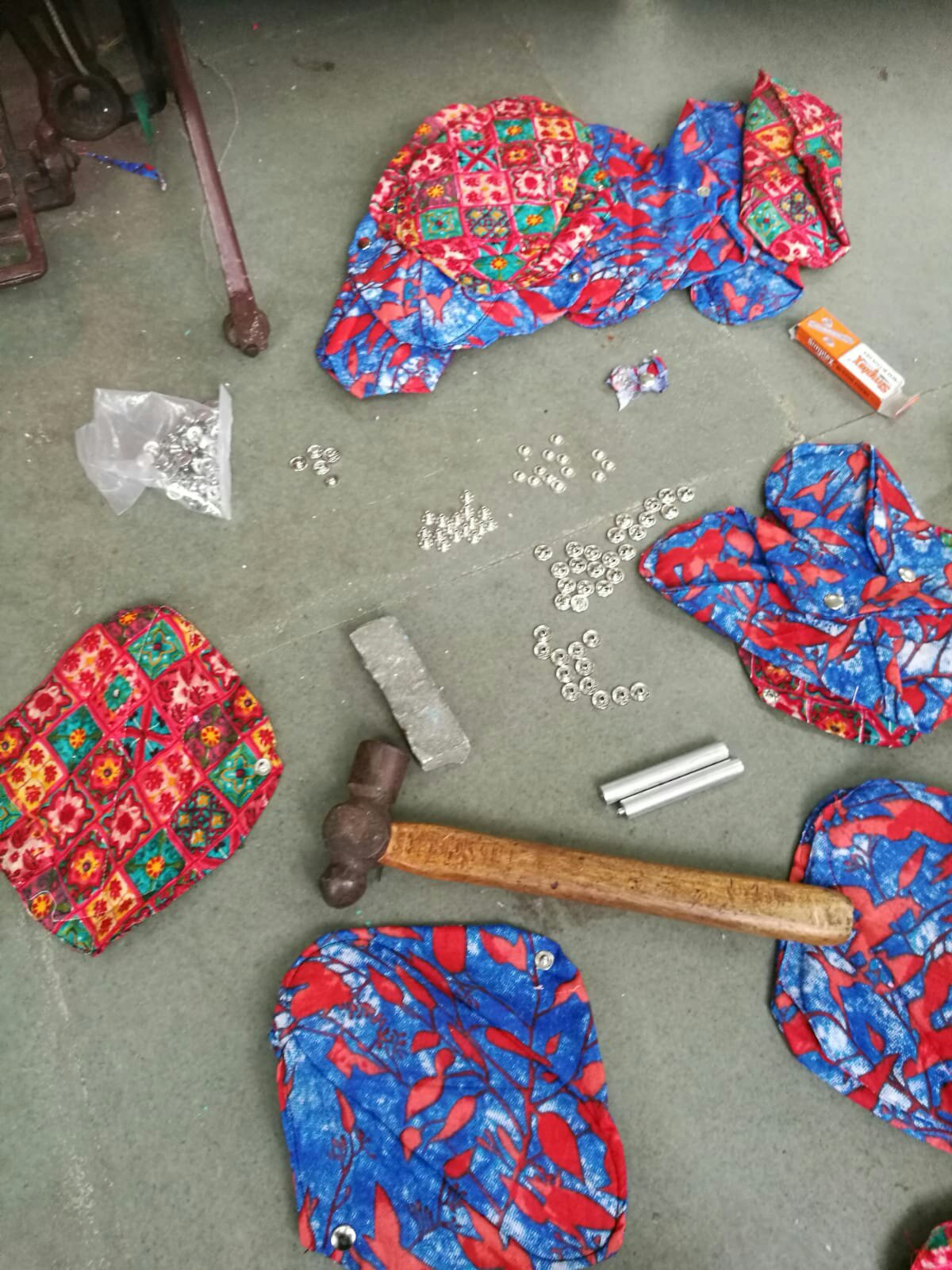
Another big part of IIMC is a sponsorship programme. A donation of 20 euros monthly will provide one student with an opportunity to go to school. As a future public health professional, I believe that improving medical help without educating people is not effective. Therefore, IIMC tries to build more schools, so more children can study. And so you know, 50% of West Bengal population is illiterate…
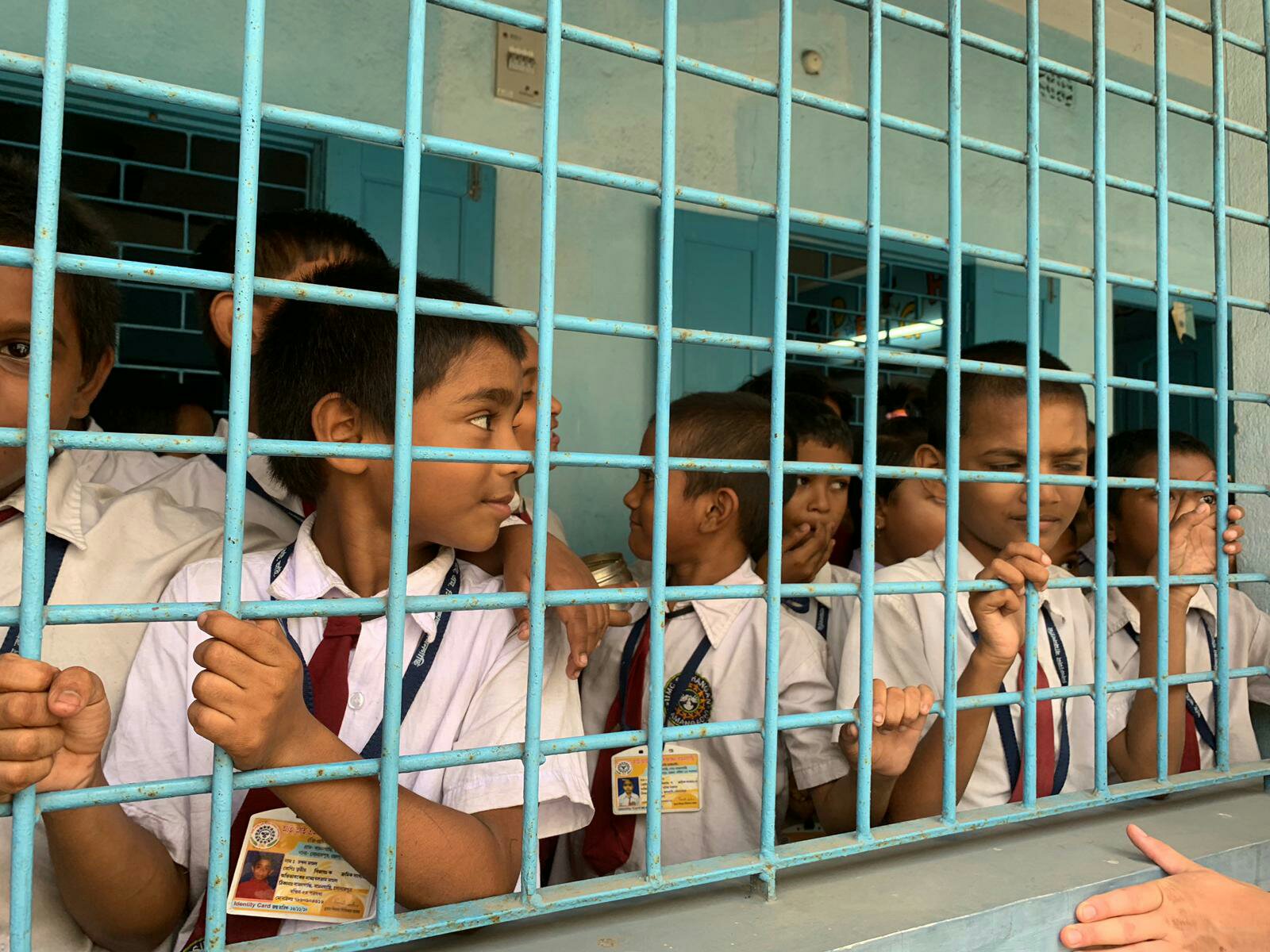
If you don’t want to go yourself but want to support MACHA or IIMC, you can become a donor!
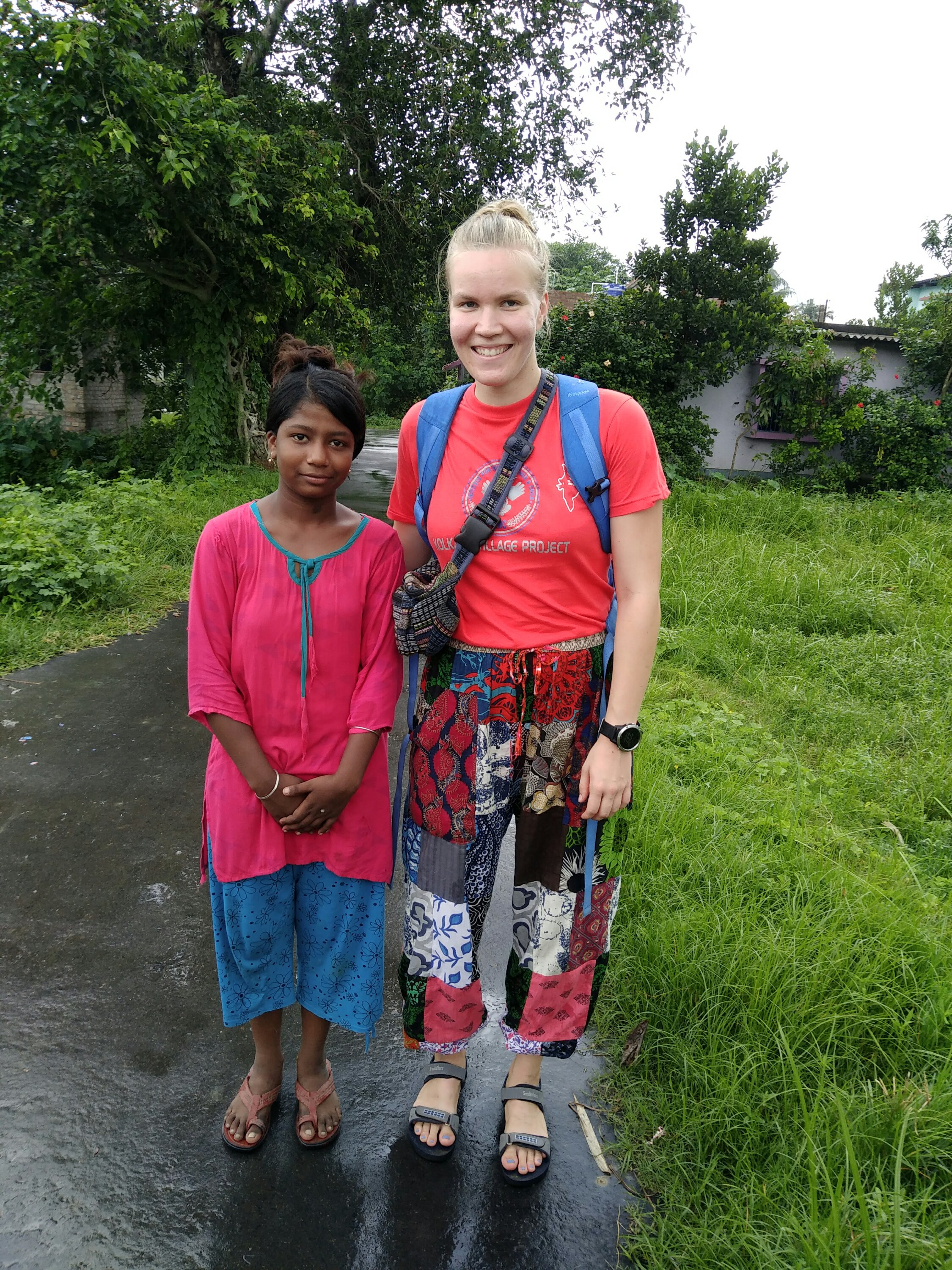
Yesterday Saima from Biomedicine bachelor programme met her sponsor child! ?

0 comments